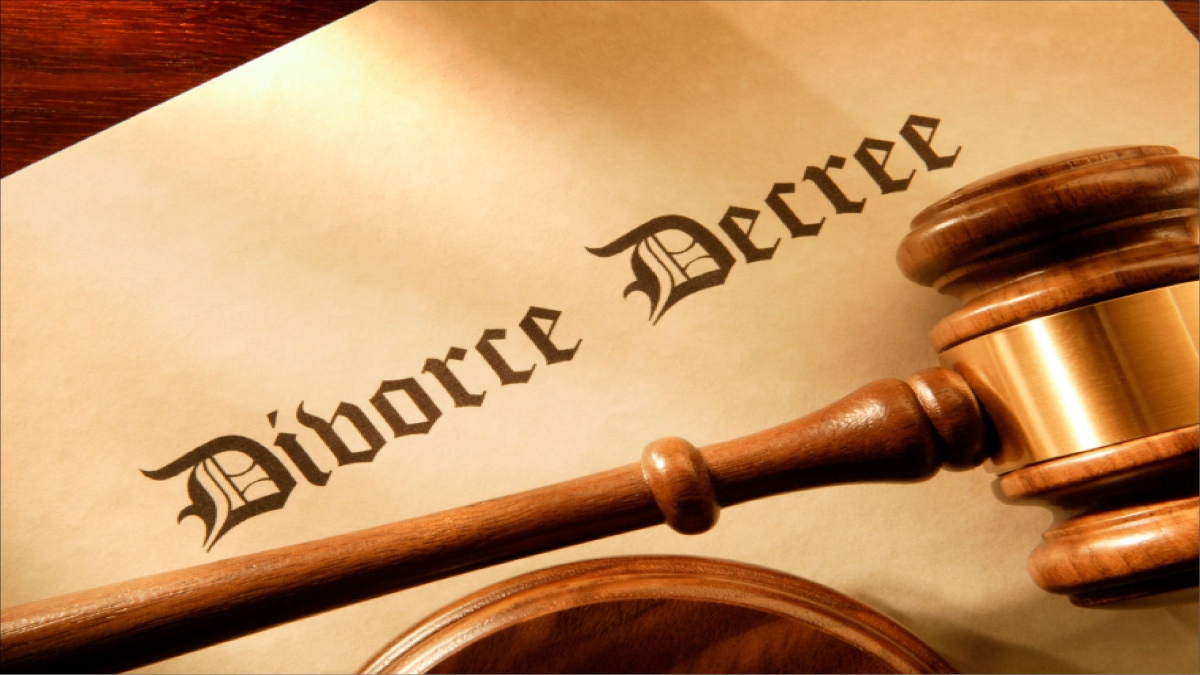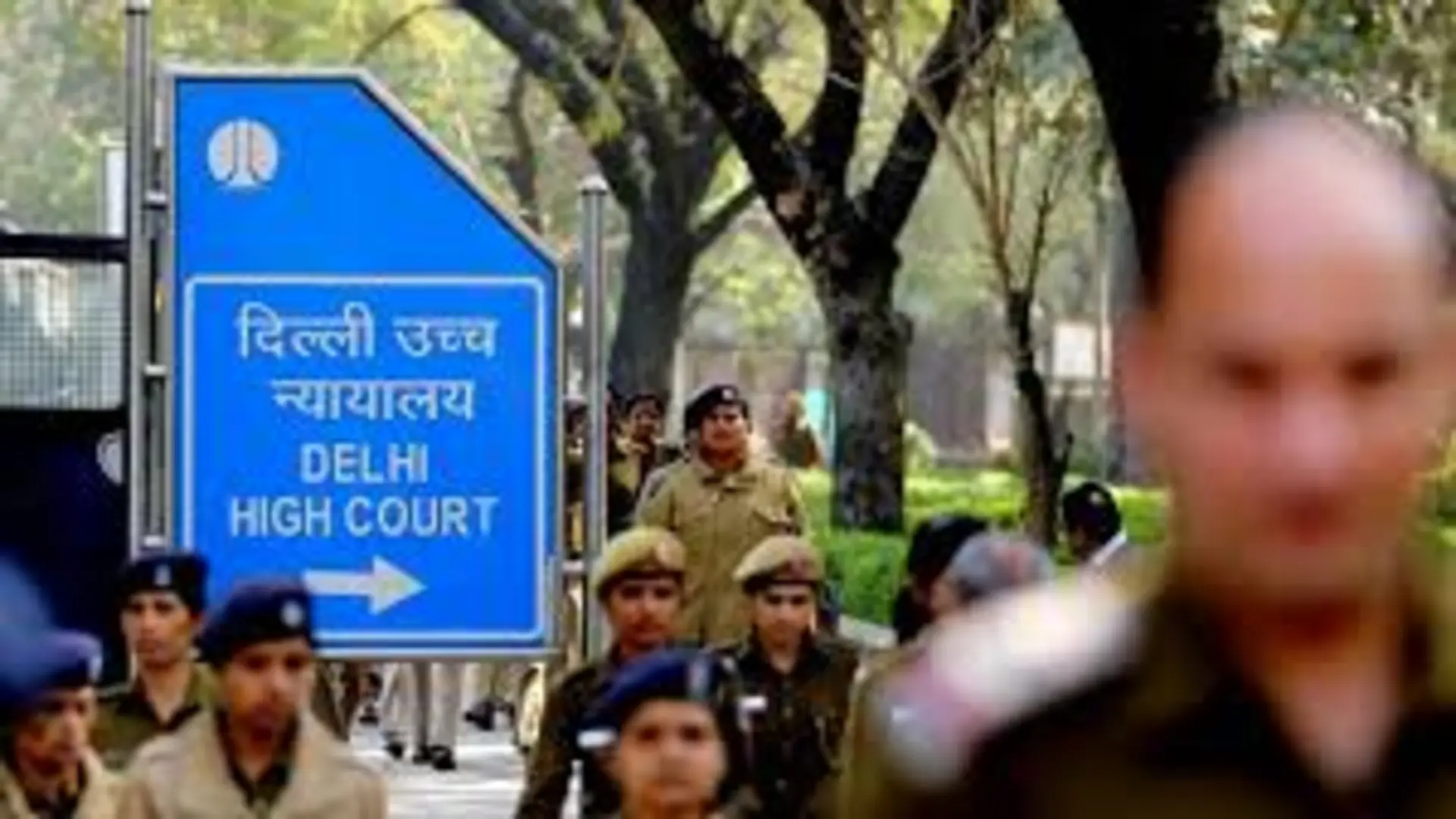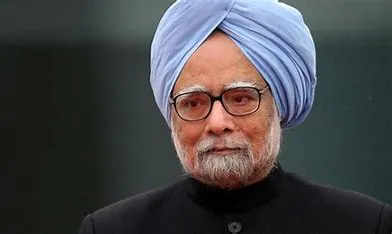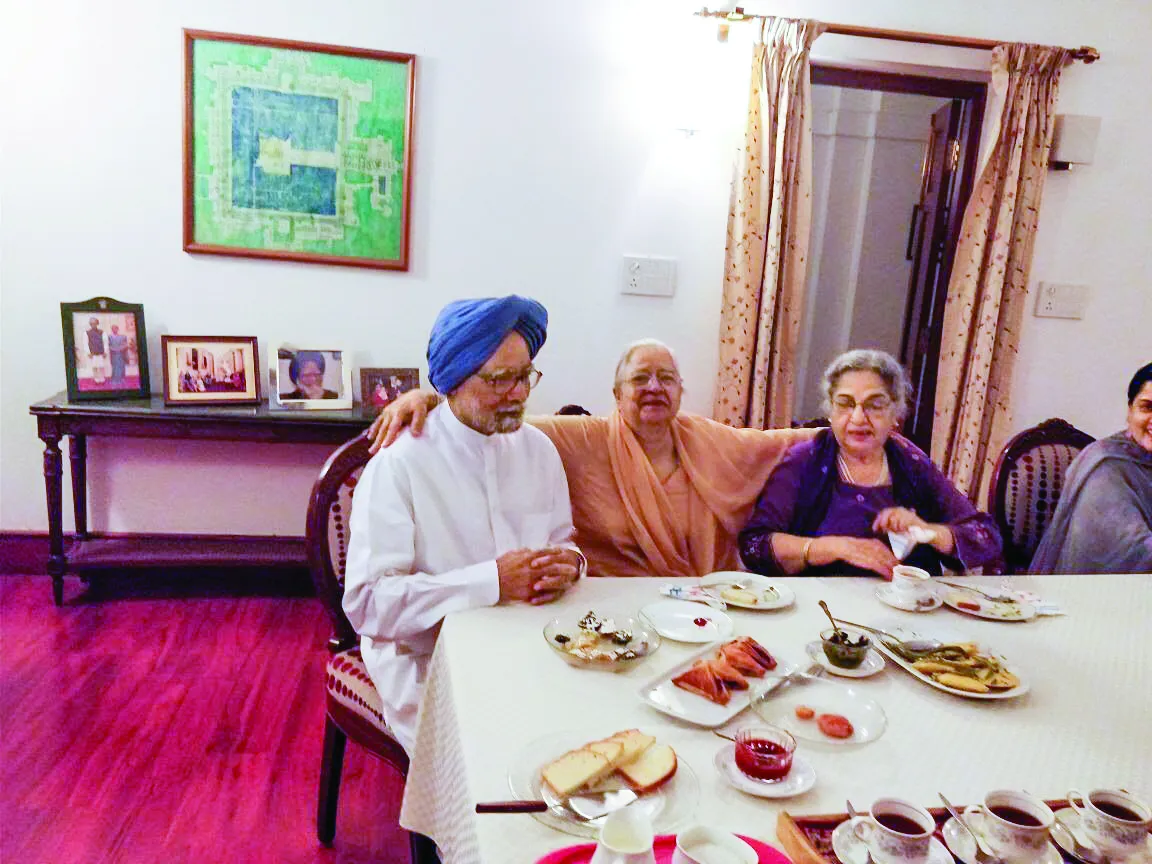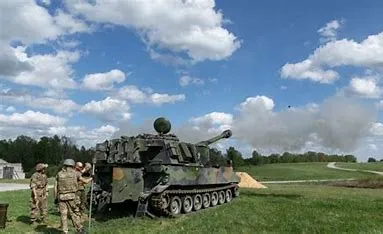The holy institution of marriage is considered a foundation stone for family and also for society in the absence of which no civilization can exist. In India, the Hindu Marriage Act, 1955 (hereinafter referred to as ‘the Act’) regards marriage as a sacrament which is eternal in its being. Keeping the sacrosanct bond of marriage in mind, at times, due to some differences between the parties, it becomes necessary to break the wedlock. Although the law attempts to protect this sacred bond by providing ways for cohabitation between the parties and when nothing seems to be working out, law then provides ways through which marriage can be dissolved by the parties. The most common and prevalent way to dissolve a marriage is by obtaining a decree of divorce from the Court. Before the enactment of the Act, divorce was not even recognized as a means to end a marriage and it was only considered as an evil which leads to social disintegration. It is only after the introduction of the Act that Section 13 was inserted which provides for grounds on which divorce can be granted. As the law evolves with the society, the Supreme Court of India has expanded the grounds for divorce and started recognizing irretrievable breakdown of marriage as a ground for granting divorce, which has its origins in the English matrimonial law. Though irretrievable breakdown of the marriage is not recognized as a ground for divorce under the Act and Special Marriage Act, 1954, the Supreme Court in a catena of decisions has held that if a marriage is totally unworkable, emotionally dead and beyond salvage, divorce can be granted because the marriage has broken down irretrievably. When the marriage is broken down irretrievably and there is no scope of repair, then it is absolutely necessary in the societal as well as individual interest to let the matrimonial knot untie. The Supreme Court is exercising its inherent power enshrined under Article 142 of the Constitution of India (hereinafter referred to as ‘the Constitution’) to do complete justice between the parties while granting divorce on the said ground. But the position regarding irretrievable breakdown of marriage as a ground for divorce is still unclear since there are judgments to the contrary, to the effect that it is not well within the power of the Apex Court to grant divorce on the said ground while exercising its inherent power under Article 142 of the Constitution. Let’s now delve into the issue regarding power of the Supreme Court to grant divorce when the marriage is broken down irretrievably with the help of judicial pronouncements.
ARTICLE 142 OF THE CONSTITUTION
Before proceeding to the main issue, it is pivotal to have a brief discussion regarding power of the Supreme Court under Article 142 of the Constitution. The power under the said Article is a discretionary power that allows the Supreme Court, in the exercise of its jurisdiction, to pass such decree or make such order as is necessary for doing complete justice in any cause or matter pending before it. This power is given to the Supreme Court to meet the contours of justice and it is unfettered or untrammelled by any other law in India. Although this power is extraordinary, which should be exercised sparingly under rare and extreme circumstances, the Supreme Court, over a period of time, to meet the ends of justice, has frequently resorted to Article 142 in order to do complete justice between the parties. Usually, the Supreme Court does not come for rescue while exercising the power under Article 142 when express statutory provisions dealing with the matter at hand exist. At the same time, being a constitutional provision, Article 142 can override any statutory provision, but the Supreme Court does not resort to it in direct confrontation with any express statuary provision unless it is the need of the hour. No other Court of justice in India has equivalent powers as that of the Supreme Court under Article 142 of the Constitution.
Judicial Approach towards Irretrievable Breakdown of Marriage
The historical development regarding the irretrievable breakdown of marriage can be traced from the year 1982 wherein the Supreme Court restricted itself to the statute while rejecting an application seeking divorce based on the ground that the marriage has been broken irretrievably. While rejecting the application, a three Judge Bench of the Supreme Court categorically held that no such ground has been engrafted under the then Indian Divorce Act, 1869 and in the absence of any such grounds, the Court cannot step into the shoes of the legislature by adding a provision to the statute which was never enacted by the legislature. (vide Reynold Rajamoni and Anr. v. Union of India and Anr., [(1982) 2 SCC 474]. The above stand of the Supreme Court was again reiterated in Vishnu Dutt Sharma v. Manju Sharma, [(2009) 6 SCC 379], wherein a division bench held that in absence of any such ground of irretrievable breakdown of marriage, the Court cannot grant divorce on its own since it will amount to violation of principle of separation of power. In Chetan Das v. Kamla Devi, [(2001) 4 SCC 250], a division bench the Supreme Court held that the power under Article 142 is to do complete justice between the parties and not to cause any prejudice. Thus, while invoking its power to do complete justice while granting divorce on the ground of irretrievable breakdown of marriage, the Court ought not to overlook the facts and circumstances of the case since it might not do complete justice to the parties.
At times, the Supreme Court deems it necessary and in the interest of justice to grant divorce after concluding that the marriage has broken down irretrievably and there is no scope for conciliation between the parties. But the Supreme Court in above-mentioned cases declined to grant divorce based on such ground majorly due to the lack of legislative recognition of irretrievable breakdown of marriage in the statutes. Absence of such ground often acts a shield which prevents the Supreme Court from granting divorce in certain cases.
However, in some cases, the Supreme Court went a step ahead and the judges took a more pragmatic approach in certain. In order to do complete justice between the parties, the Supreme Court exercised its inherent power under Article 142 of the Constitution to do what it was legally competent to do and granted divorce when the marriage had broken down irretrievably. In Chandralekha Trivedi v. S.P. Trivedi, [(1993) 4 SCC 232], after examining facts and circumstances of the case, a three Judge Bench of the Apex Court while granting divorce, held that the marriage between the parties had irretrievably broken down and the enforced continuity of marriage would result in the spouses spending more years in bitterness for each other. In V. Bhagat v. D. Bhagat, [(1994) 1 SCC 337], a division bench of the Supreme Court held that there must be some really extraordinary features to warrant grant of divorce on the basis of pleadings and irretrievable break-down of the marriage is not a ground by itself. But while scrutinising the evidence on record to determine whether the alleged grounds are indeed present, and in determining the relief to be granted, the said circumstances can certainly be borne in mind. The unusual step as the one taken by the Court herein can be resorted only to clear up an insoluble mess, and only when the Court finds it in the interest of both the parties. Further in Naveen Kohli v. Neelu Kohli, [(2006) 4 SSC 558], the parties had been living separately for more than 10 years. A three Judge Bench of the Supreme Court concluded that the marriage had been wrecked beyond hope of salvage and the instant matter was a fit case for granting divorce based on the ground of irretrievable breakdown of a marriage. Also in Swati Verma v. Rajan Verma, [(2004) 1 SCC 123], a division bench of the Supreme Court in the exercise of its constitutional power under Article 142 allowed the decree of divorce on the said ground. Recently in R. Srinivas Kumar v. R. Shametha, [(2019) 9 SCC 409], a division bench held that the Supreme Court can exercise its power under Article 142 of the Constitution where it finds that the marriage is totally unworkable, emotionally dead and has been broken down irretrievably, even if the facts of the case do not provide a ground in law on which divorce could be granted, it can dissolve the marriage.
CONCLUSION AND SUGGESTIONS
After a bare perusal of the discussion hitherto, it can be concluded that the stand of the judiciary in matters involving irretrievable breakdown of marriage is not uniform and the Court has time and again given contradictory opinions. Although the Supreme Court is not bound by its own judgments, judicial discipline ordains that the coordinate bench cannot take contrary views and the only legal option left is to refer the matter to a larger bench for obtaining a crystal clear legal position on the subject matter. The Supreme Court has taken contrary views as it can be seen in catena of cases, but the Court has neither overruled the judgments decided previously while taking different view nor it has referred the issue to a larger bench for consideration. Failure on part of the judiciary to have a definite stand will keep the position of law hanging and unsettled. It will not only make the legal position unclear but also create serious prejudice for the parties who are seeking divorce on the ground of irretrievable breakdown of marriage.
In April 1978, the Law Commission of India, under the Chairmanship of Shri Justice H.R. Khanna submitted a comprehensive report to amend the Act to include irretrievable breakdown of marriage as an additional ground of divorce under the Act. Despite the legal interventions, the legislature did not seem to be convinced for a long period. Meanwhile, the judiciary adopted an ambivalent approach towards the cases involving irretrievable breakdown of marriage in the absence of a clear legislative direction. The Supreme Court has reminded the Ministry of Law and Justice to amend the Act and include the said ground as a ground for divorce. In March, 2009, the Law Commission submitted the 217th report which elaborately dealt with the recommendation to take immediate action to amend the laws with regard to irretrievable breakdown where wedlock became a deadlock. Inserting a provision in the Act will have threefold benefits; firstly, it will give a clear legal position in the minds of judges and the citizens of this country; secondly, the lower judiciary will also get legal competency to grant divorce on this ground; and, thirdly, the burden upon the Supreme Court will be reduced and the parties will get speedy disposal of cases which in the present scenario, are at times, taking decades to get disposed of.
Insert- ing a provision in the Act will have threefold benefits; firstly, it will give a clear le- gal position in the minds of judges and the citizens of this country; secondly, the lower judiciary will also get legal competency to grant divorce on this ground; and, thirdly, the burden upon the Supreme Court will be reduced and the parties will get speedy disposal of cases which in the present sce- nario, are at times, taking decades to get disposed of.

